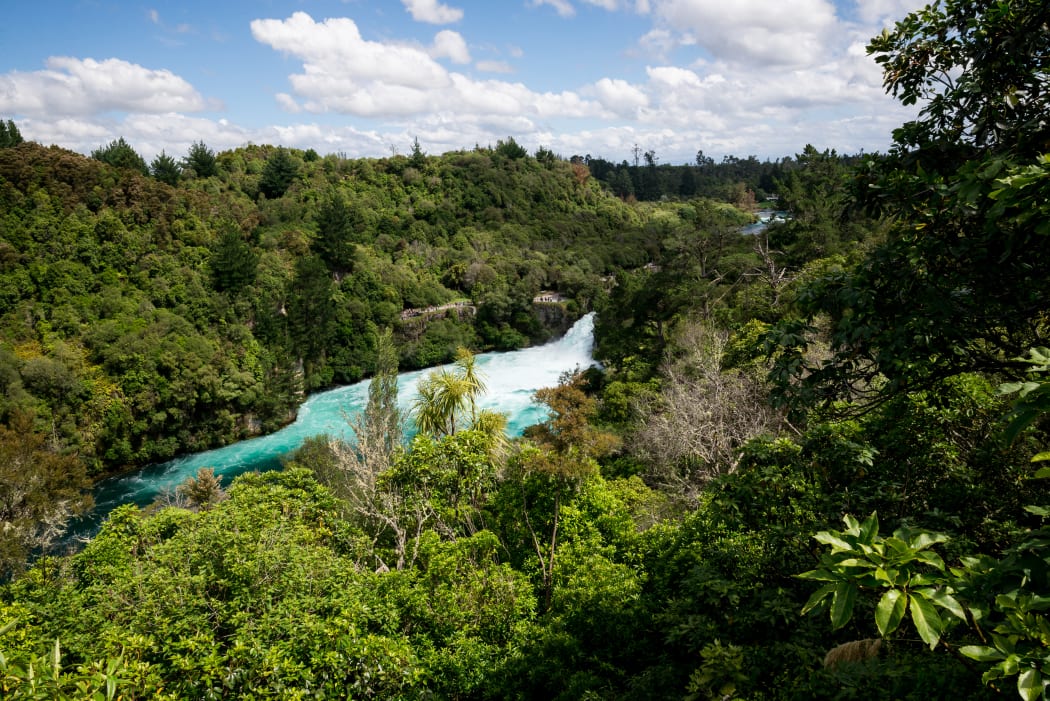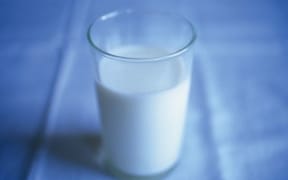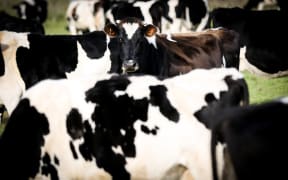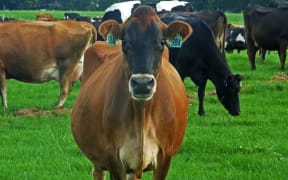State-owned farming company Landcorp has confirmed it is backing away from a massive planned dairy conversion in the central North Island.

Huka Falls, Waikato River Photo: 123RF
It had been in the process of clearing forestry land north of Taupo for conversion to dairy farms for about 30,000 cows.
Landcorp chief executive Steven Carden said the company would significantly reduce its dairying footprint at the Wairakei Estate.
RNZ News earlier reported that Landcorp had come to the realisation that the environmental impacts of its conversions in the Waikato were simply too great.
Mr Carden said 14500ha of former forestry land earmarked for dairy farming at the estate would now have alternative uses.
He said this would reduce the risk of phosphate and sediment loss and bacterial contamination, and should also result in a significant reduction in nitrogen leaching.
Landcorp needed to exceed the environmental expectations of consumers, he said.
Greenpeace agriculture campaigner Gen Toop said the backdown was great news for everyone who believed New Zealanders should be able to swim in clean rivers.
She said, if the conversions had gone ahead, they would have caused huge pollution.
"It's especially significant given it's the government's own dairy farmer and they've conceded that an expanding dairy industry isn't consistent with our clean rivers," Ms Toop said.
"The government now needs to stop pouring taxpayers' money into think-big irrigation schemes, up and down the country."
Green Party water spokesperson Catherine Delahunty said it was a "brave step" for Landcorp.
"It would be great if the government, which has spent decades pushing these conversions, would wake up in the way that Landcorp seems to have done."
Scientists had warned the Waikato River would have suffered immensely from the increase in nitrogen leaching and pollution from the conversions.
Joy in response
A freshwater ecologist involved in Landcorp's decision said the news was a win for the environment.
Almost 40 dairy farms were planned for the land leased at Wairakei Estate, where Landcorp currently runs 13 dairy farms with 17,000 cows.
Landcorp said it was exploring other land uses, such as sheep milking, to reduce its environmental footprint.
Massey University freshwater ecologist Mike Joy is a member of Landcorp's environmental reference group. He is an outspoken critic of the impact of dairy farming on waterways.
Dr Joy said the group was very much involved in the decision and it was great to see Landcorp moving away from cow dairying.
"We've been very open and there's been some robust debate. Landcorp has a pretty good team there, who were onto it ... but just needed some numbers and independent advice to really get them going in the right direction."
Landcorp's decision showed it had accepted that it was neither economically nor environmentally feasible to just keep ramping up production, he said.
As well as sheep milking, a range of other ideas were being explored.
"We've been through everything from all kinds of horticulture and all kinds of animals. We haven't been restrained on thinking outside of the square. There's been lots of different analysis and alternatives."
Dr Joy said anything that made money but did not have a cost on the environment would be ideal land use.
"For too long the externalities of farming have been ignored. The rest of society has decided that's not acceptable."






